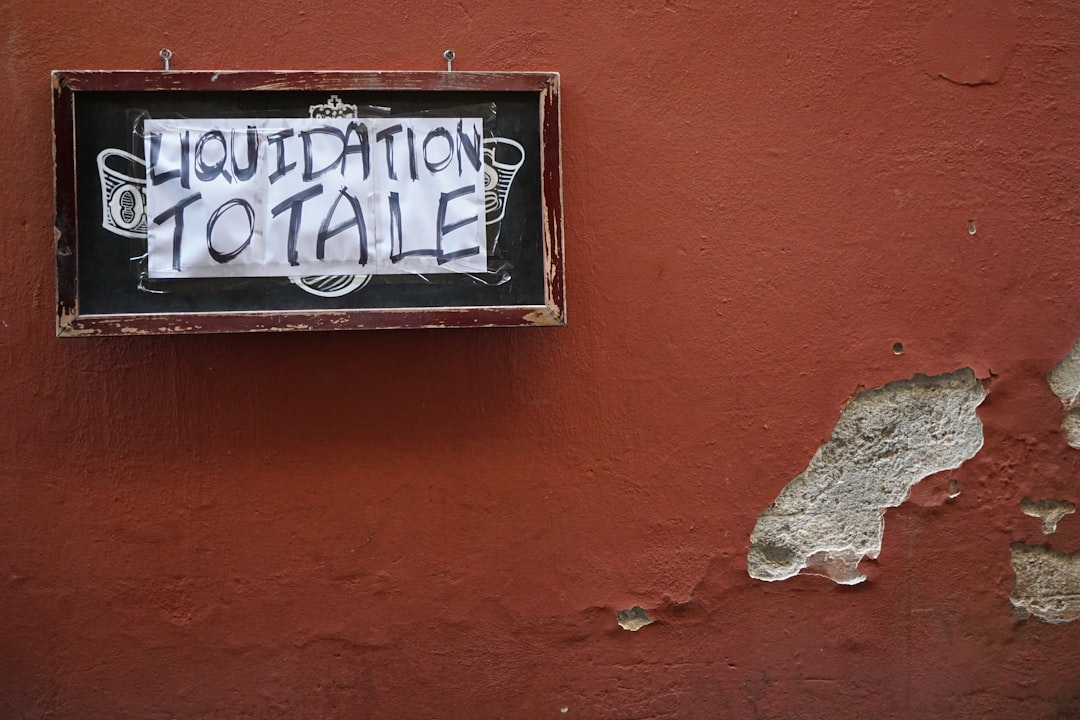What is it about?
Nearly everyone has experienced some form of workplace incivility, be it the silent treatment from a supervisor, a customer who is seemingly always interrupting, or a coworker who likes to make jokes at others’ expense. While often subtle in nature, experiencing incivility is harmful, with negative impacts on employee performance and well-being. Recently though it was proposed that workplace incivility might also have instrumental value – that is, when someone engages in uncivil actions, those acts may convey useful information that can result in positive behavior change. We proposed and found that in defined situations, experiences of workplace incivility might drive someone to be more creative at work. To be clear, we suggest that the instrumental outcomes of workplace incivility are likely confined to specific contexts, relationships, and constructs. However, in a sample of healthcare workers, we found that perceived incivility from clients was not only seen as useful information by providers, but as a catalyst for changing treatment programs by way of increased creativity over time.
Featured Image

Photo by Riccardo Annandale on Unsplash
Why is it important?
Workplace incivility has been demonstrated, time and time again, to have meaningful negative effects on employees, and the workplace as a whole. That cannot be ignored. However, our research suggests that in some situations when people engage in incivility, they may be trying to communicate something of value. Moreover, depending on the context and relationship between individuals, it may be helpful to pay attention to that information in order to improve things like service or treatment delivery.
Perspectives
Headlines featuring unruly airline passengers, retail shoppers, and patients are increasingly common. Irritability seems to be at an all-time high and organizations have a responsibility to ensure employees are protected from experiences of incivility. That said, and albeit somewhat counterintuitive, our findings suggest that incivility may, in certain situations, present an opportunity to enhance or improve a customer’s experience. Understanding that incivility may in some cases be a message in disguise may help employees to better cope with the rude behavior and consider it as a signal to change their behavior and opt for more creative approaches to service or treatment delivery.
Russell A. Matthews
University of Alabama
Read the Original
This page is a summary of: Can incivility be informative? Client incivility as a signal for provider creativity., Journal of Occupational Health Psychology, May 2022, American Psychological Association (APA),
DOI: 10.1037/ocp0000323.
You can read the full text:
Contributors
The following have contributed to this page










